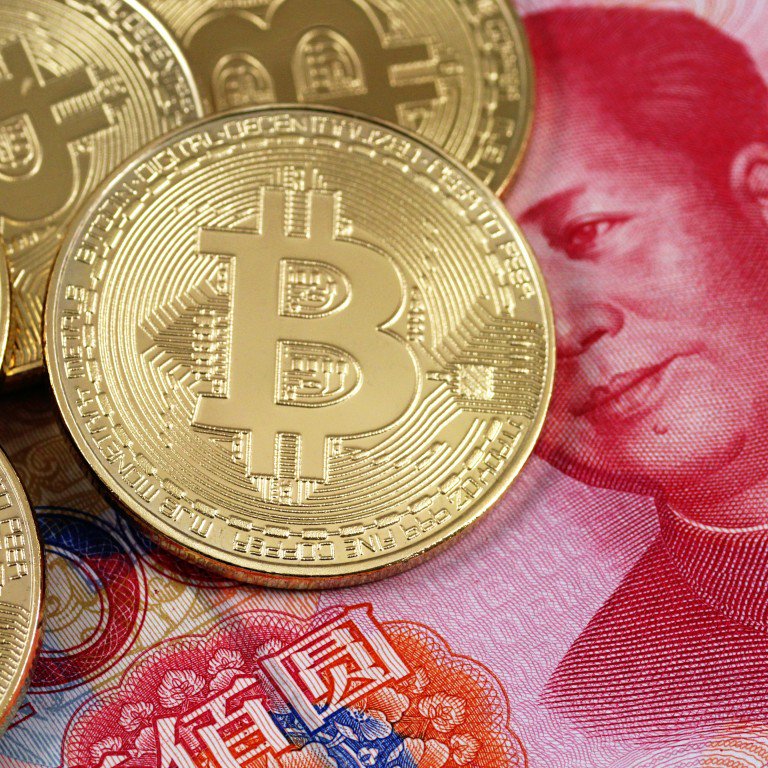What We Trust in Bitcoin Converter?
Bitcoin is also sometimes referred to as a cyber currency or, in a nod to its own encrypted roots, a cryptocurrency. Those descriptions are true enough, but they miss the point. It is like describing the U.S. dollar as a green piece of paper with pictures on it. I have my own ways of describing Bitcoin. I think of it as store credit with no shop. Legal tender for no debts, public or private, unless the party to whom it is tendered wishes to accept it. A tool endorsed by the full faith and credit only of its anonymous founders, in whom I therefore place no religion, and to whom I give no charge except for creativity.

You would not touch a Bitcoin using a 10-foot USB cable. But a fair amount of folks already have, and quite a few more soon may. This is partly because Entrepreneurs Cameron and Tyler Winklevoss, famous for their part in the roots of Facebook, are currently trying to use their technological savvy, and cash, to bring Bitcoin to the mainstream. The Winklevoss hope to begin an exchange-traded fund for Bitcoin converter. An ETF would make Bitcoin more broadly available to investors who lack the technical know-how to buy the digital money directly. As of April, the Winklevoss are believed to have held approximately 1 percent of all existing bitcoins.
Bitcoins exist only as electronic representations and are not pegged to any conventional currency. According to the Bitcoin site, Bitcoin is designed around the concept of a new type of money which uses cryptography to restrain its own creation and trades, as opposed to relying on central government. 1 New bitcoins are mined by consumers who resolve computer algorithms to detect virtual coins. Bitcoins’ supposed founders have stated that the ultimate source of bitcoins will be capped at 21 million. While Bitcoin promotes itself as a very secure and affordable way to take care of payments, 2 in fact few companies have made the move to take bitcoins. Of the ones that have, a sizable number run in the black market. Bitcoins are traded anonymously online, with no involvement on the part of established financial institutions. As of 2012, sales of drugs and other black-market goods accounted for an estimated 20 percent of trades from bitcoins to U.S. dollars on the primary Bitcoin market, known as Mt. Gox. The Drug Enforcement Agency recently conducted its first-ever Bitcoin seizure, after allegedly linking a trade on the anonymous Bitcoin-only market Silk Road to the sale of illegal and prescription drugs.